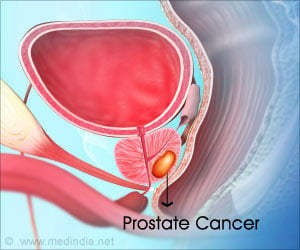
A recent study led by researchers from the Icahn School of Medicine at Mount Sinai, was the first study to identify this protein as a key regulator in cellular senescence, a process in which cells stop multiplying.
Cellular senescence has garnered significant scientific interest of late because it may be one key to prevent the initiation of cancer. However, little is known about this process and how genes that enable cells to divide and multiply (the cell cycle) are turned off. A growing body of evidence suggests that the process of cellular senescence is driven by changes in the protein complexes called chromatin in the nuclei of cells.
The researchers found that histone variant H3.3, a protein that works closely with chromatin to package and regulate genetic material within cells, and in particular its clipped form, help to silence target genes that regulate the cell cycle.
Study's lead investigator Emily Bernstein, PhD, Department of Oncological Sciences, Icahn School of Medicine at Mount Sinai, said that cellular senescence creates a chromatin environment that represses cell multiplication, and thus cell or tumor growth, but how this happens molecularly is what we sought to discover. They found that histone H3.3 and its clipped form, which lacks 21 amino acids of the histone tail and associated modifications, prevents normal cells from dividing. Clipped H3.3 may be a marker of cells that stop proliferating and has implications for cancer, in particular cancers like melanoma that have a senescence phase.
The study was published online in journal Nature Communications.
Advertisement















